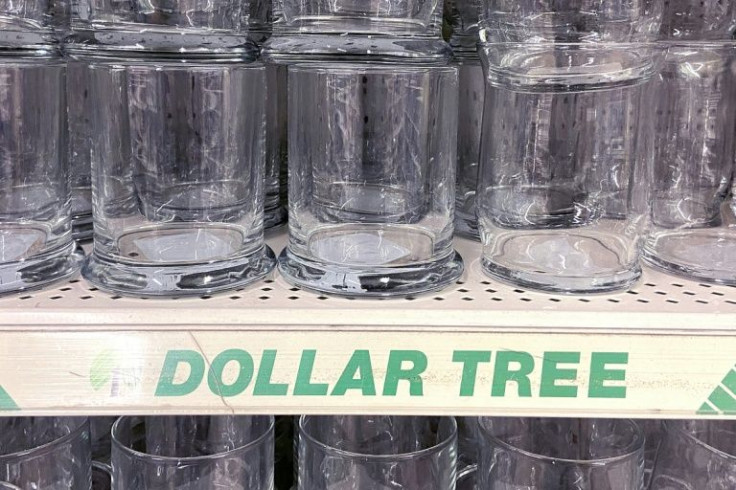
Family Dollar is up for sale, just less than a decade following its acquisition by Dollar Tree, after the latter came to realize that the merger did not yield the expected economic results.
An excerpt from the press release of Dollar Tree states, "the Company has initiated a formal review of strategic alternatives of the Company's Family Dollar business segment, which could include among others, a potential sale, spin off or other disposition of the business."
According to CNN, Family Dollar has approximately 8,000 stores in the U.S., which caters to low-income customers, offering goods within the price range between $1 to $10. While the business model was proven, the company has not been doing so well in recent years.
It was only last year that Family Dollar announced its plans to close more than 900 of its stores after issues of poor conditions and mismanagement surfaced. The discount store chain was also fined for more than $40 million due to a warehouse rat infestation, which eventually forced hundreds of its stores to close temporarily.
Rick Dreilig, Dollar Tree CEO, said in a statement that the two different chains have "unique needs" that led the company to isolate itself from Family Dollar. Those "unique needs" come in the form of the consumers that the chains cater to, as well as their locations. Family Dollar is located mostly in urban areas with low-income consumers while the Dollar Tree can be found in suburban areas and caters to middle-income consumers.
According to analysts, Family Dollar has been contending with high prices, messy stores and over expansion. Aside from these, it also faced tough competition from bigger retailers like Dollar General and Walmart. Inflation in recent years simply worsened the already dire scenario since it increased the operating expenses of the discount chain and impacted the purchasing ability of its customers.
"The harsh reality is that Family Dollar is a problematic business which is a millstone around Dollar Tree's neck, dragging down overall performance," said Neil Saunders, an analyst from GlobalData Retail, in his note to clients.
From the time that Dollar Tree purchased Family Dollar in 2015 for $8.5 billion, the latter has been struggling, and the merger did not go well as Dollar Tree initially thought it would be.
Dollar Tree was banking that the merger would help the business compete against bigger retail competitors. It was also hoping that its customer base would expand and costs would be reduced so as to meet the market of Dollar General head on.
However, according to analysts, the two different chains simply did not match and it became an endless struggle for Dollar Tree to manage and improve the larger store base of Family Dollar.







